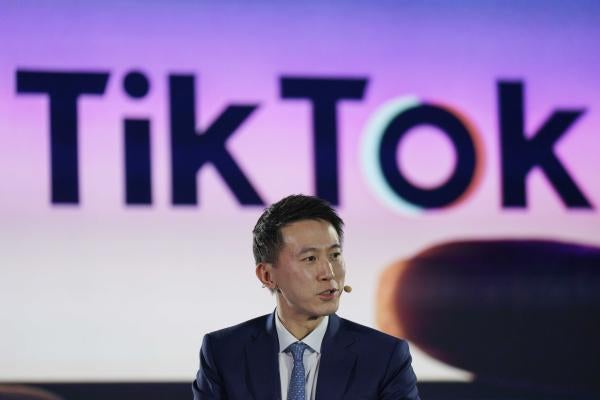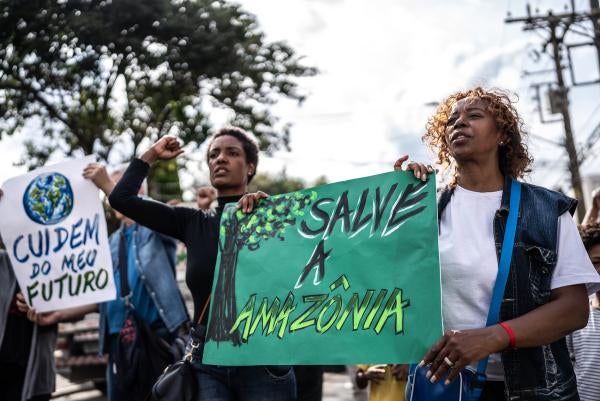Yesterday, the CEO of TikTok, Shou Zi Chew, spent five hours defending his Chinese company before a US congressional hearing. It was a much-anticipated moment of drama in an ongoing, bipartisan political effort to ban the video-driven social media app in the US over security concerns.
Regular readers will recall how we recently addressed the human rights concerns with TikTok, which has some 100 million US users.
TikTok is beholden to China’s authoritarian government. The platform is owned by Chinese company ByteDance, and ultimately, the ruling Chinese Communist Party (CCP) has total control over it, just as they have over all social media companies, public and private.
How does that control work?
Well, the CCP has a track record of detaining and abducting business executives who fail to toe the party line. The implied threat is ever present, and it makes TikTok vulnerable to government censorship, surveillance, and propaganda that can impact users around the world.
At the moment, TikTok can be used for activism and sharing ideas freely – Human Rights Watch has just posted on TikTok about TikTok, including the critical messages about China’s ruling party I’m outlining here.
That post is still up as I write this. However, one word from the party, and…
Surveillance is just as much of an issue as possible censorship. TikTok has admitted to using data to spy on journalists who were investigating the company’s ties to China.
The concerns with TikTok are obvious, but we should understand that many of these issues arise with US-based companies, as well.
US law is notoriously weak when it comes to tech company regulation. There are no laws requiring platforms to explain how their content is moderated – that is, who controls access to information and how.
What’s more, US users don’t have the right to request a copy of their personal data and an explanation of how the company is using it.
All social media companies can manipulate things behind this curtain of lawlessness. Not just TikTok
So, in fact, banning TikTok would not address the root of the problem.
Instead, the US should enact laws that protect privacy and require more transparency from all social media companies.









